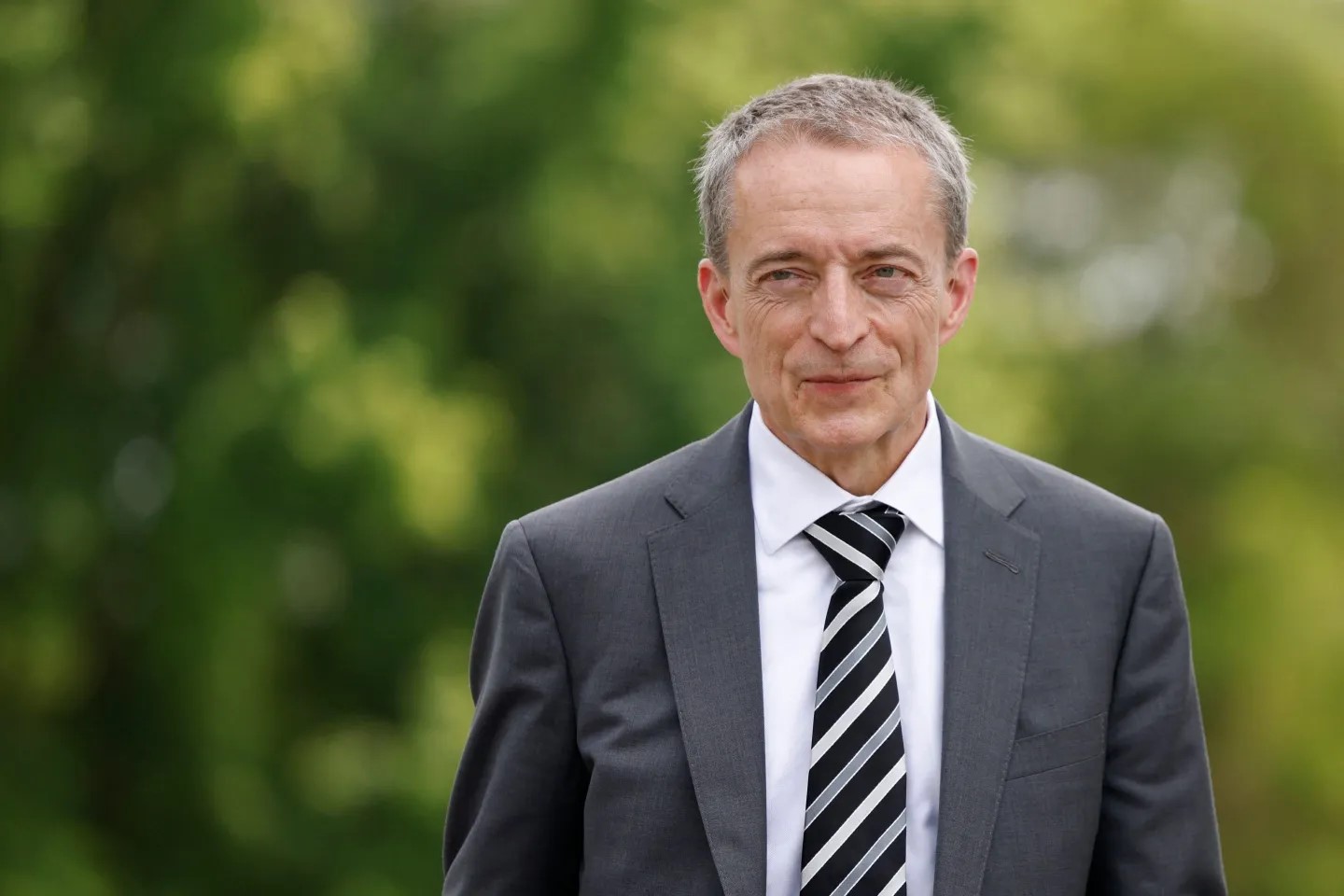New York – When Pat Gelsinger was appointed as Intel’s CEO in 2021, the company was hoping for a return to its former glory. Instead, Gelsinger’s tenure at the helm has been marked by difficulties, culminating in his resignation in December 2023. While his leadership was unable to halt Intel’s slide in the semiconductor race, Gelsinger is walking away from the company with a financial package that reflects the high stakes of his position and the challenges he faced.
Under the terms of his severance agreement, Gelsinger will receive 18 months of his base salary, which is set at $1.25 million annually. This equates to a payment of $2.25 million, ensuring that Gelsinger will be financially secure as he transitions away from Intel. In addition to this, Gelsinger is entitled to a bonus equivalent to 1.5 times his current target, or 275% of his base salary, which amounts to about $3.4 million. This bonus will also be paid out over the next 18 months, bringing the total severance package to more than $5.5 million.
The financial benefits of Gelsinger’s departure don’t end there. According to an official filing from November, Gelsinger holds approximately 646,000 shares in Intel, a stake that, at current market prices, is worth over $14.5 million. When combined with his severance package, Gelsinger’s total financial takeaway from Intel could exceed $20 million, making his exit a lucrative one despite the difficulties he encountered during his leadership.
Intel’s announcement of Gelsinger’s resignation comes after a period of significant turmoil for the company. Under his leadership, Intel’s stock price saw a dramatic decline of more than 60%, a stark contrast to the soaring valuations of its competitors in the semiconductor industry. Once regarded as the undisputed leader in chip manufacturing, Intel has struggled to maintain its edge in a rapidly changing market. During Gelsinger’s tenure, Intel faced fierce competition from rivals such as AMD, Nvidia, and even Apple, all of which were quick to embrace emerging technologies like artificial intelligence (AI), while Intel lagged behind.
Despite his extensive experience in the tech industry, including a successful stint as CEO of VMware and a long history with Intel as its Chief Technology Officer, Gelsinger was unable to reverse Intel’s decline. The company faced a series of setbacks, including critical production delays that hindered its ability to meet market demand for its chips. Meanwhile, rival companies were able to innovate more quickly, leaving Intel struggling to keep pace.
The most notable failure during Gelsinger’s leadership was Intel’s inability to capitalize on the explosive growth of AI, which became a key driver of success for many of its competitors. While companies like Nvidia experienced significant growth due to their dominance in AI hardware, Intel’s efforts in the sector were slow and ineffective. Despite billions of dollars in government support aimed at reviving Intel’s domestic manufacturing capabilities, the company found itself unable to recover its once-dominant position.
Furthermore, Intel’s financial troubles were compounded by significant layoffs. In August 2023, the company announced that it would be cutting 15% of its workforce as part of a plan to reduce costs by $10 billion. This move reflected the difficult financial environment at Intel and underscored the challenges that Gelsinger faced in his effort to turn the company around.
As Gelsinger steps down, Intel faces an uncertain future. With the company’s stock price in freefall and its position in the semiconductor industry under threat, Intel will need to find a new leader capable of navigating the rapidly changing tech landscape. Gelsinger’s multimillion-dollar exit, however, highlights the high stakes of leading a company of Intel’s size, even in the face of challenges. Whether Intel can recover from this turbulent period remains to be seen, but one thing is clear: Gelsinger’s financial rewards are significant, despite the difficulties he faced in trying to revive the company.









